
Prescription Drug Addiction
If you’ve found yourself in the grip of addiction due to prescriptions that were once meant to heal, you’re not alone. The line between medical use and dependency is thin, and crossing it can lead to profound impacts on your mental health and nervous system. It’s a reality many face quietly, often feeling isolated in their struggle.
At Twilight Recovery, we see you and understand the complexities of your journey. Addiction isn’t a choice but a challenge that can engulf anyone, from those seeking relief from chronic pain to those battling intense anxiety. Our approach is rooted in compassion and personalized care, recognizing that the path to recovery is as unique as you are. If you or someone you know is struggling with substance abuse, we’re here to offer hope and a way forward.
Let us help you rediscover strength and clarity, transforming dependency into independence.
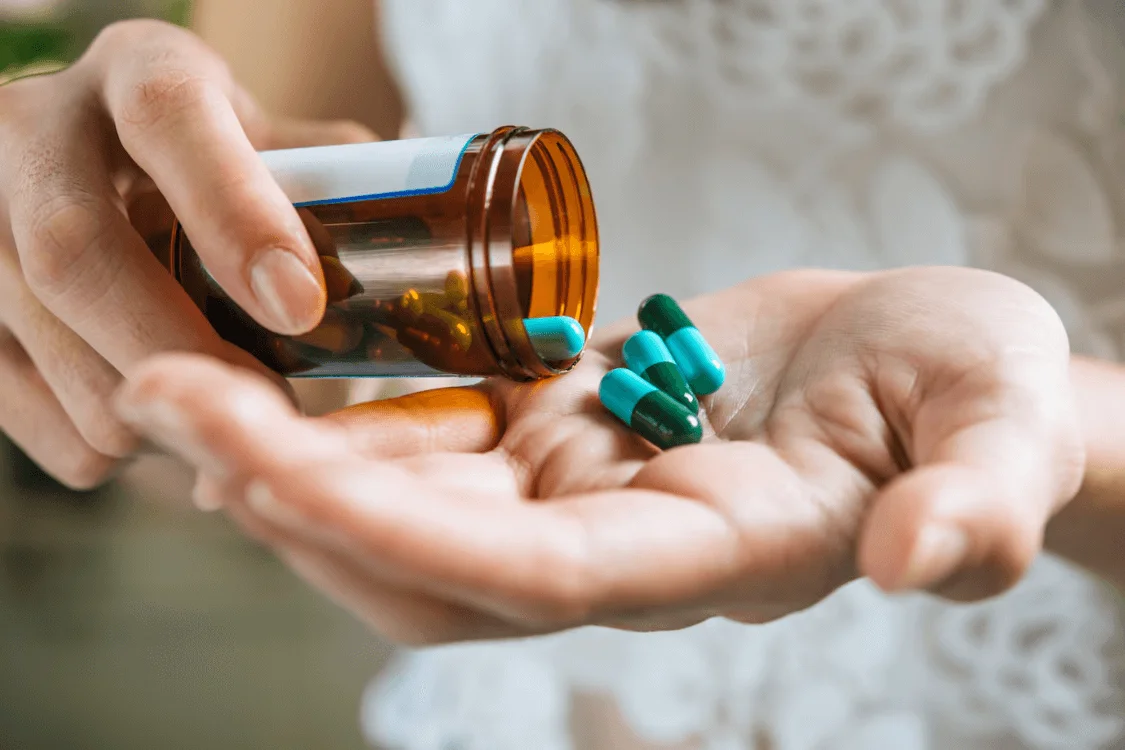
Prescription Drug Statistics

The misuse of prescription drugs is a significant public health challenge in the U.S. In 2020, over 9.3 million people misused opioid painkillers, 6.2 million misused CNS depressants for anxiety or sleep, and 5.1 million misused prescription stimulants for ADHD. Young adults aged 18 to 25 are particularly at risk.
Statistics reveal nearly 16,500 overdose deaths from prescription opioids and around 12,300 from benzodiazepines in 2020. Between 21% and 29% of those prescribed opioids for chronic pain misuse them, with 80% of heroin users starting with prescription opioids. Misuse often begins in college, especially for stimulants like Adderall.
These figures highlight the need for targeted interventions, education, and treatment to address prescription drug misuse and support recovery efforts.
What Are Prescription Drugs?
Prescription drugs are crucial in managing various health conditions and improving quality of life. These medications, including opioid painkillers for chronic pain, stimulants for attention deficit hyperactivity disorder (ADHD), and benzodiazepines for anxiety and sleep disorders, are prescribed by healthcare professionals. While they offer significant benefits when used as directed, the potential for using prescription drugs for the wrong reasons can lead to addiction – this highlights the importance of responsible usage and comprehensive awareness.
Commonly Abused Prescription Drugs
Prescription medications are pivotal in treating various medical conditions. Each type of drug used, while beneficial medically, poses risks of addiction, making awareness and cautious use essential.

Opioids
Primarily for pain relief, include Oxycodone (OxyContin, Percocet), Hydrocodone (Vicodin), Morphine (Kadian, Avinza), Codeine, and Fentanyl. A high potential for dependence and overdose counterbalances their effectiveness in pain management.

Benzodiazepines
Address anxiety or insomnia but carry a risk of habit formation. Notable examples are Alprazolam (Xanax), Clonazepam (Klonopin), Diazepam (Valium), and Lorazepam (Ativan).

Stimulants
Prescribed for ADHD and narcolepsy include Amphetamine/dextroamphetamine (Adderall), Methylphenidate (Ritalin, Concerta), and Dexmethylphenidate (Focalin). Despite their therapeutic value, these medications have abuse potential.
Understanding these different types of prescription drugs may aid in recognizing misuse patterns and underscores the importance of monitoring to prevent abuse, dependence, and the dire consequences of addiction.
Signs and Symptoms of Prescription Drug Addiction
Identifying addiction involves observing changes in patterns of drug use, such as taking higher doses without medical guidance, experiencing withdrawal symptoms, and persistent use despite negative consequences. Recognizing these symptoms of addiction early is crucial for timely intervention and support.
Opioid Misuse Symptoms
- Dizziness
- Slow or shallow breathing
- Upset stomach, vomiting, or constipation
- Slurred speech
- Poor coordination
- Mood swings
- Depression or anxiety
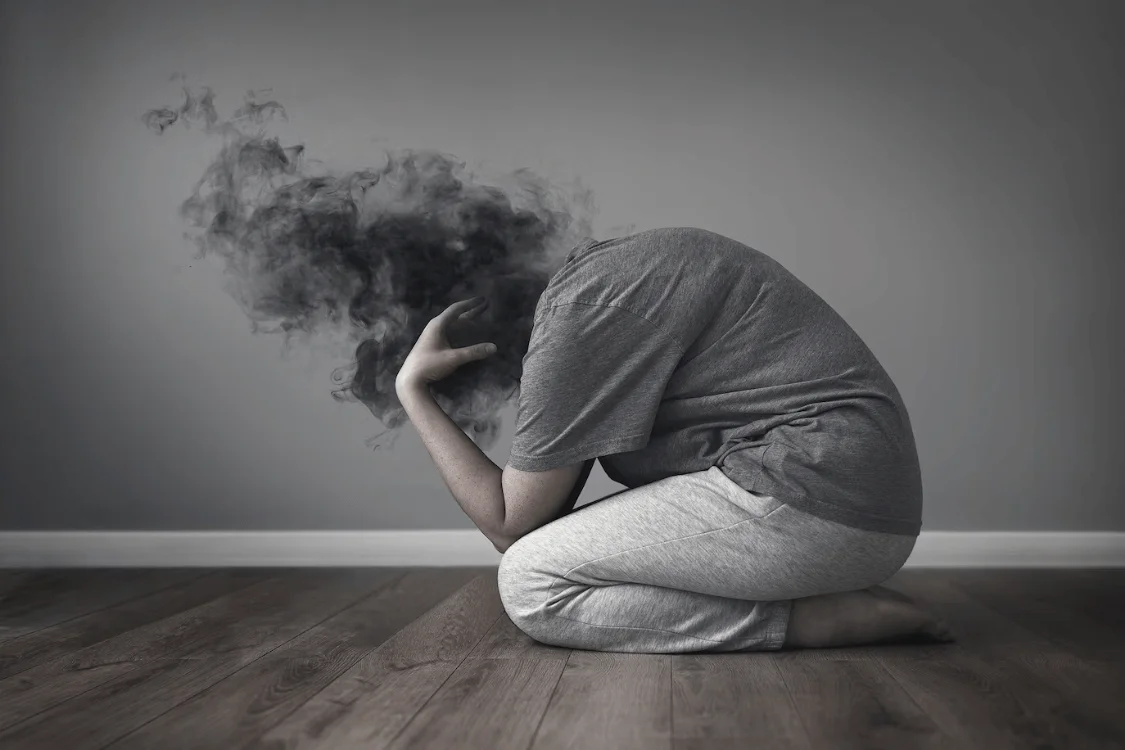

CNS Depressant Misuse Symptoms
- Mood changes
- Trouble walking
- Trouble concentrating
- Poor judgment
- Slow reflexes
- Slurred speech
- Memory problems
- Slow breathing
Stimulant Misuse Symptoms
- Weight loss and lack of appetite
- Dizziness
- Headache
- Insomnia
- Nervousness
- High blood pressure
- Uneven heart rate
- Paranoia
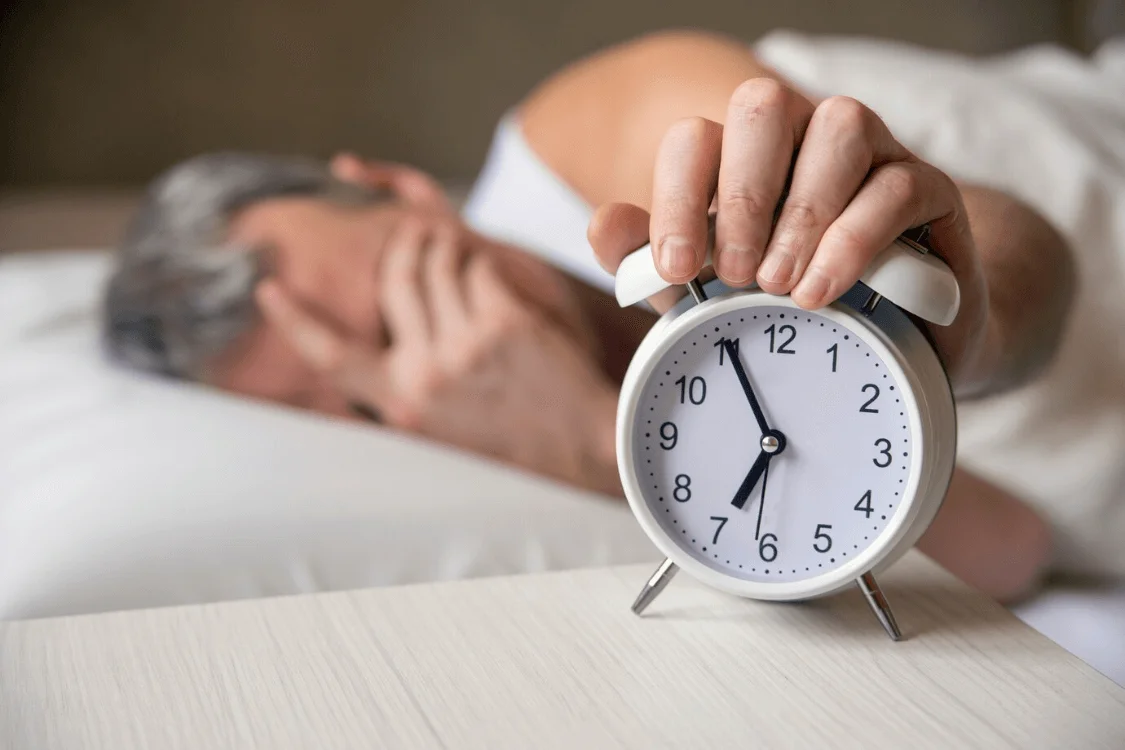
What Are the Long-Term Effects of Prescription Drug Addiction?
Understanding the long-term effects of substance use disorders like prescription drug addiction is crucial for recognizing the urgency of seeking treatment. These effects of opioid use can profoundly impact every aspect of an individual’s life, from health to relationships:
Understanding the long-term effects of substance use disorders like prescription drug addiction is crucial for recognizing the urgency of seeking treatment. These effects of opioid use can profoundly impact every aspect of an individual’s life, from health to relationships:
- Respiratory depression
- Increased risk of infectious diseases
- Overdose and even death
- Impaired judgment and coordination
- Heart disease and hypertension
- Mental health issues like psychosis and paranoia
- Heightened anxiety and depression
- Suicidal thoughts
- Erosion of personal and professional relationships
- Social isolation

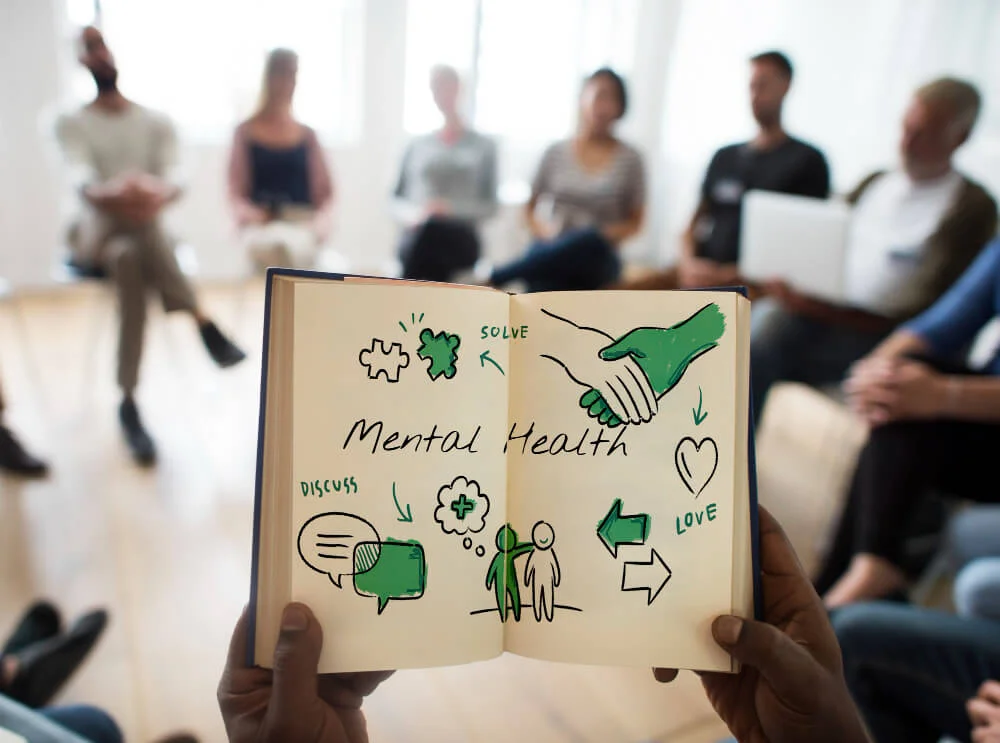
Acknowledging these risks is a step toward recovery, emphasizing the importance of professional help in overcoming addiction. Additionally, various factors can increase the likelihood of developing an addiction to prescription drugs. Recognizing these risk factors can help in preventing misuse and guiding individuals toward the right support:
- Genetic predisposition
- Environmental influences
- Presence of co-occurring disorders like depression or anxiety
- Chronic pain conditions
- Previous substance misuse
- Lack of knowledge about prescription drug risks
- Easy access to prescription drugs
- Peer pressure and societal norm
Awareness of these factors plays a critical role in prevention, early intervention, and the formulation of effective substance abuse treatment plans.
How Can I Help a Loved One Who’s Addicted to Prescription Drugs?
Navigating the path to assist a loved one struggling with prescription drug abuse requires compassion, patience, and proactive steps toward encouraging their journey to recovery.
Understand the Addiction
Educate yourself about your loved one’s substance(s). Knowledge about intoxication signs, overdose symptoms, and the drug’s impact is crucial. Creating a safety plan together for possible overdose scenarios and consulting with addiction professionals can provide crucial insights and preparedness.
Research Treatment Options
Take the initiative to explore various treatment programs. Evaluate the suitability of rehab centers based on their treatment philosophy, approaches, and the needs of your loved one. Engaging in conversations with treatment center staff can help you understand the options available and make informed decisions.
Maintain Open Communication
Approach your loved one with empathy and openness, avoiding judgment. Discussions about their addiction and the possibility of seeking treatment should be approached with sensitivity. Recognizing that recovery timelines vary, practicing patience and supporting them at their own pace is vital.
Provide Practical Support
Should they decide to seek treatment, assist with logistical arrangements such as scheduling appointments and providing transportation. Being present for them during this time reinforces your support. While they are in treatment, stay in contact with the facility for updates and express your ongoing encouragement.
Self-Care is Paramount
Supporting someone with an addiction can be draining. It’s essential to prioritize your well-being by engaging in activities that replenish your energy, maintaining social connections, and possibly joining support groups for those in similar situations.
Professional Resources
For additional guidance, the Substance Abuse and Mental Health Services Administration (SAMHSA) offers a helpline at 1-800-662-HELP (4357), providing access to treatment facilities and support groups.
Starting these conversations can be challenging, and resistance is common. However, showing your concerns and readiness to support them through recovery can be a pivotal first step. Stand by them as they embark on this challenging yet transformative journey toward healing and recovery.

Benefits of Prescription Drug Addiction Treatment
At Twilight Recovery Center, we understand the complexities of prescription drug addiction and the profound impact it can have on an individual’s life and those around them. Our tailored treatment programs offer more than just a path to sobriety – they represent a journey toward a renewed life grounded in understanding, healing, and empowerment. Here’s how we make a difference:

A Comprehensive Approach to Healing
Navigating the challenges of addiction requires a multifaceted approach. At our alcohol and drug treatment center, we delve deep into the root causes of addiction, ensuring that each person benefits from a care plan that’s as unique as their story. Our comprehensive treatment strategy is designed to address both the immediate challenges of withdrawal and the long-term goal of recovery under the guidance of our expert team.

Promoting Sustainable Recovery
Sustainable recovery is at the heart of everything we do. We equip our clients with the essential tools and knowledge needed to break the cycle of addiction. From developing resilient coping mechanisms to understanding relapse triggers, our program is designed to support lifelong wellness and sobriety.

Restoring Relationships and Enhancing Quality of Life
Addiction affects not just the individual but their loved ones, too. Our holistic treatment approach includes sessions aimed at healing relationships and rebuilding trust. By involving families in the recovery process, we help create a supportive network crucial for lasting recovery, enhancing overall quality of life.

Expert Medical and Psychological Support
With a dedicated team of healthcare professionals, we provide round-the-clock support, ensuring safe and effective management of withdrawal symptoms through a medically supervised detox process.
Our use of evidence-based treatments and ongoing care offers a solid foundation for recovery, addressing both the physical dependencies and the psychological challenges of prescription drug addiction.

Empowering Through Education and Support
Knowledge is power, especially when it comes to overcoming addiction. We empower our clients by providing comprehensive education about the nature of addiction, the risks associated with prescription drug misuse, and the tools needed for recovery. Our supportive environment fosters growth and self-discovery, enabling individuals to emerge stronger and more resilient.
We’re committed to providing a beacon of hope for those struggling with substance use disorders. Through our empathetic, expert care, we offer a new path forward where lasting recovery and a brighter future are within reach.
Our Treatments for Prescription Drug Addiction
Twilight Recovery integrates medication treatments, holistic approaches, and evidence-based therapies to address the multifaceted nature of prescription drug addiction. Customized treatment plans cater to individual needs, fostering a path toward healing and sobriety.
Cognitive Behavioral Therapy (CBT)
CBT is a cornerstone of our treatment programs, helping clients identify and challenge negative thought patterns and behaviors related to drug abuse. This therapy focuses on developing coping strategies to deal with triggers and cravings, ultimately fostering healthier thought processes and actions.


Dialectical Behavior Therapy (DBT)
DBT emphasizes the development of emotional regulation, distress tolerance, and interpersonal effectiveness. By integrating mindfulness practices, DBT aids clients in managing intense emotions and improving relationships, which are crucial skills for long-term recovery.
Eye Movement Desensitization and Reprocessing (EMDR)
EMDR therapy is particularly effective for clients who have experienced trauma, a common co-occurring issue with addiction. This therapy helps process and integrate traumatic memories, reducing their impact and empowering clients to move forward in their recovery.
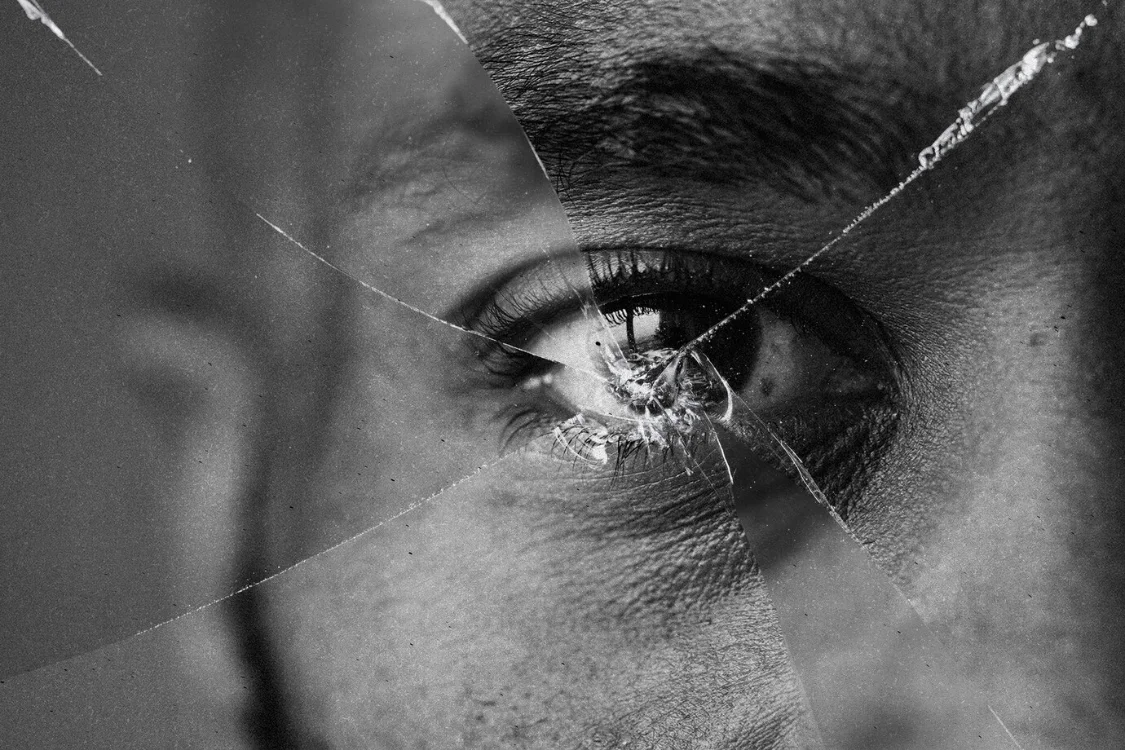

Motivational Interviewing (MI)
MI is a client-centered approach that enhances motivation to change by resolving ambivalence. Through this modality, clients explore their own reasons for change within an atmosphere of acceptance and compassion.
Medication-Assisted Treatment (MAT)
We understand the complexity of this condition and offer MAT as a pivotal part of our treatment strategy. This approach combines the use of FDA-approved medications with counseling and behavioral therapies to address the physical and psychological aspects of addiction effectively.
Here’s a closer look at how MAT is integrated into our prescription drug addiction treatment programs:
Buprenorphine
Specifically for opioid addiction, buprenorphine helps reduce cravings and withdrawal symptoms, enabling patients to engage more fully in their recovery process.
Naltrexone
Used to prevent relapse into opioid or alcohol use by blocking the euphoric effects of these substances.
Disulfiram and Acamprosate
Though primarily used for alcohol dependency, these medications are also beneficial for individuals with a dual diagnosis, including prescription drug addiction.
Antidepressants and Antianxiety Medications
For those whose prescription drug use disorder co-occurs with mental health issues, we may prescribe medications to stabilize mood and reduce anxiety under careful medical supervision.
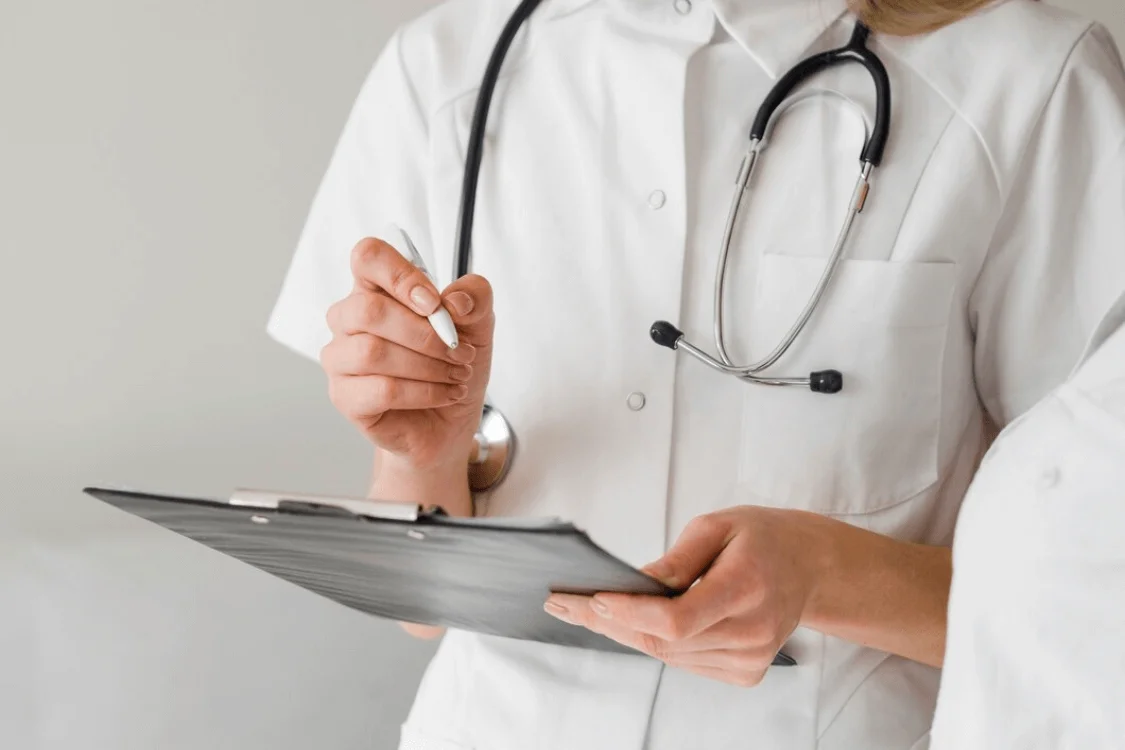
Levels of Care at Our Treatment Center
Twilight Recovery provides a comprehensive range of services, each stage tailored to support individuals through every recovery phase. Our approach is designed to adapt to the unique journey of each person we serve.

Detox
CBT is a cornerstone of our dual diagnosis treatment, helping clients identify and modify negative thought patterns and behaviors related to substance use and mental health issues. This therapy is instrumental in teaching effective coping strategies for managing life’s stresses and triggers without resorting to drug or alcohol use.

Inpatient Treatment
DBT is another vital component of our approach, focusing on emotional regulation and mindfulness within dual diagnosis rehab. It’s particularly beneficial for individuals dealing with intense emotions and those who may have borderline personality disorder alongside substance abuse. DBT encourages acceptance and change, providing clients with tools to manage their emotions healthily.

Outpatient Treatment
Our outpatient programs offer a bridge back to daily life, enabling clients to maintain their recovery efforts while resuming work, school, or family responsibilities. This level of care provides treatment flexibility through scheduled clinic-based appointments, including group and individual therapy sessions, with medication management as needed.

Sober Living
As a final step, sober living environments offer a supportive and structured setting to reinforce sobriety and apply recovery principles to daily life. These transitional spaces are crucial for those ready to integrate back into society with a renewed focus on health and wellness.
At every level, from detox through sober living, Twilight Recovery centers its focus on the individual’s needs, employing a range of treatment modalities to ensure the most effective path to recovery. Our aim is not just to treat the addiction but to equip our clients with the tools and understanding necessary for a fulfilling, drug-free life.
Modalities We Offer for Prescription Drug Abuse
We recognize that overcoming prescription drug abuse requires a comprehensive and multifaceted approach. Our tailored modalities are designed to address not only the psychological aspects of addiction but also to promote overall holistic healing.
Individual Therapy
A key component of our treatment, individual therapy offers a private space to delve into personal issues underpinning addiction, guided by a primary counselor or therapist. This setting allows for in-depth exploration and personalized attention.

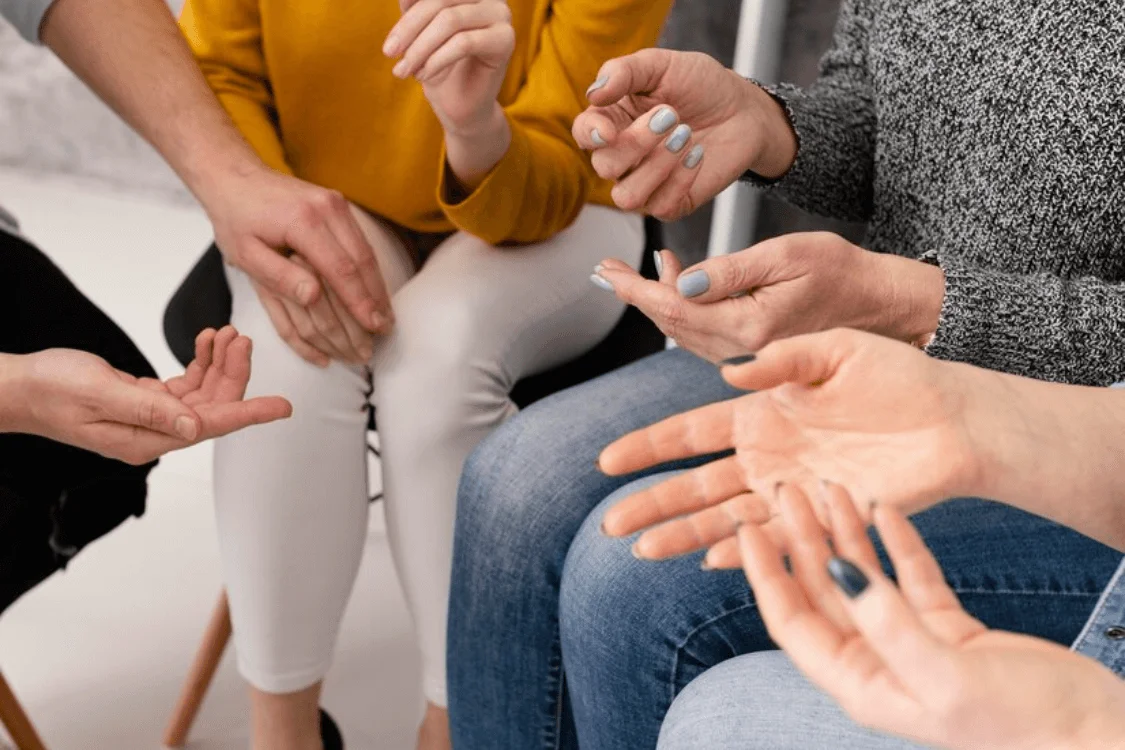
Group Therapy
Our group therapy sessions provide a supportive environment where clients can share experiences, offer mutual support, and practice new skills. These sessions cover many topics and are essential for building community and understanding common challenges in recovery.
Family Therapy
Recognizing the role of family dynamics in addiction, we offer family therapy sessions to address issues like codependency and communication barriers. This therapy strengthens family support, which is vital for recovery.


Holistic Therapy
Our holistic therapies encompass a variety of treatments aimed at healing the mind, body, and spirit. From mindfulness and meditation to physical wellness activities, we promote overall well-being and resilience.
Each therapy and modality we offer is part of a broader, personalized treatment plan, reflecting our commitment to addressing each client’s unique needs.
Get Help at Our Prescription Drug Rehab Center
At Twilight Recovery, we’re committed to providing compassionate, comprehensive care for those struggling with prescription drug addiction. Contact us today to begin your journey towards recovery and wellness.
Frequently Asked Questions About Prescription Drug Addiction Treatment
Can Prescription Drug Use Turn Into an Addiction?
Yes, using prescription drugs, especially opioids, CNS depressants, or stimulants beyond their intended medical use or in higher doses than prescribed, can lead to addiction. The central nervous system can become reliant on these medications, leading to substance use disorder.
How Do I Know If I Have a Substance Use Disorder?
If you find yourself unable to control the use of prescription drugs, experience cravings, or continue using despite harm to your health or well-being, you may have a substance use disorder. Symptoms often include changes in behavior, such as neglecting responsibilities or withdrawing from social activities.
Is Medication-Assisted Treatment Safe?
Yes, MAT is safe and effective when used as part of a comprehensive substance use disorder treatment plan overseen by healthcare professionals. MAT can significantly reduce the risk of overdose and help manage withdrawal symptoms and cravings.
How Can I Help Someone Struggling With Prescription Drug Addiction?
Encourage them to seek treatment and offer your support throughout their recovery process. Research addiction treatment centers near you and discuss options together. Remember, recovery is a journey that requires patience, understanding, and continuous support.



